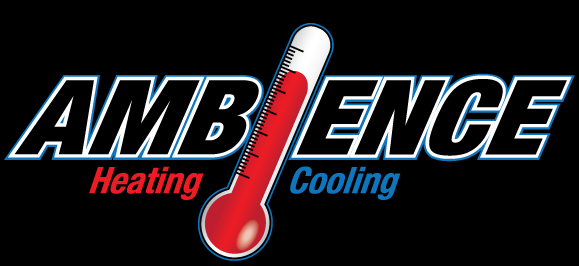
Have you ever performed a double take when you took a look at your last energy bill? While high energy bills can be the end result of severe weather events, persistently high bills can also signify an inefficient HVAC system or your home is wasting energy by other means, such as drafty windows or insufficient insulation.
One of the simplest ways to determine whether your home is consuming too much energy is by calling a home service professional to complete a home energy audit, also called a home energy assessment. Keep reading to learn all about home energy audits, including what they are and their key elements.
What Is a Home Energy Audit?
An energy audit is a thorough inspection of how much energy your home uses and whether – and where – your home could be losing or wasting energy. An inspector will review past energy bills in the course of an energy audit to figure out where energy is being consumed and how much.
The general goal of an energy audit is to help homeowners save money on their energy bills by identifying energy-efficient improvements, which may include replacing your current HVAC system, adding new insulation, plugging up leaks, or replacing drafty windows.
While completing the energy assessment, the auditor performs an inspection of the outside and inside of your home. The auditor will perform a blower door test on doorways, windows and fireplaces to find out if there are air leaks in your home. They’ll also check your home’s HVAC system, as well as the ductwork, the water heater, and the insulation in your attic. Some assessments might also include inspecting your current lighting system.
Benefits of a Home Energy Audit
It can be tough for the typical homeowner to know for certain how efficient their home is compared to other similar homes in their neighborhood. However, local energy companies often provide information about where your home stands when compared with similar homes and whether it’s more efficient, about average, or inefficient versus your neighbors’ homes. This is a great starting point to determine if you need an energy audit scheduled.
Some of the benefits of a home energy audit include:
Recognizing How Efficient Your Home Is
It’s good to understand how efficient your home is and where you’re using up the most energy. For example, if your ducts are damaged, it can result in a sizable increase in your energy bills and excessive wear and tear on your HVAC system as it has to run longer to fully heat or cool your home.
Making Energy-Efficient Improvements
An energy audit can expose where you need to make energy-efficient upgrades to save on energy and lower utility bills. This might include replacing old weatherstripping or installing a new energy-efficient furnace.
Enhancing Health and Safety
Enabling air to leak into your home via doors and windows, or because of a lack of insulation can cause extra moisture to build up, which could negatively impact your home’s humidity levels or produce mold. This can cause health problems, particularly for people suffering from asthma or allergies.
Increasing Your Home’s Retail Value
Energy-efficient homes are preferred by homebuyers. You can sell your home sooner or for more money by showing prospective buyers that it’s energy efficient.
How to Complete an Energy Audit of Your Home
Although performing an energy audit independently may not be as comprehensive as hiring a professional, it’ll offer a broad idea of how energy efficient your home is. If you don’t find any problems during the DIY test, then you probably don’t need to bring in a professional. Follow this step-by-step checklist:
- Examine your HVAC system. Broken ducts can lose as much as 20% of conditioned air, contributing to steeper energy bills and greater wear and tear on HVAC equipment. If you discover leaks, use duct tape to seal them. If your HVAC equipment is old and inefficient, upgrading to a new system can save you a significant amount on your energy bills. In some cases, it can be better to hire a reputable HVAC company to inspect your system.
- Watch for signs of air leaks. Air leaks on average can increase the energy bills by 10 to 20%. Inside, look for air leaks in areas where there is a draft, like along the edge of flooring and near baseboards and electrical outlets. Outside, you can inspect for air leaks around the home’s foundation, siding and mortar. Plug, caulk or seal any air leaks to save money.
- Examine insulation. If your home is older, it could mean your insulation is too. If you can see the joists, you likely need more insulation.
- Check ventilation. Ensure that all of your kitchen and bathroom exhaust fans are functioning properly, and inspect for evidence of rot or moisture.
Contact Ambience HVAC, Inc. for a Professional Energy Audit
If you are interested in professional help finding out how energy efficient your heating and cooling equipment is, call the HVAC pros at Ambience HVAC, Inc. today. We’ve proudly supported the residents of Wilmington with quality home services for many years. Contact us today to schedule an appointment.
